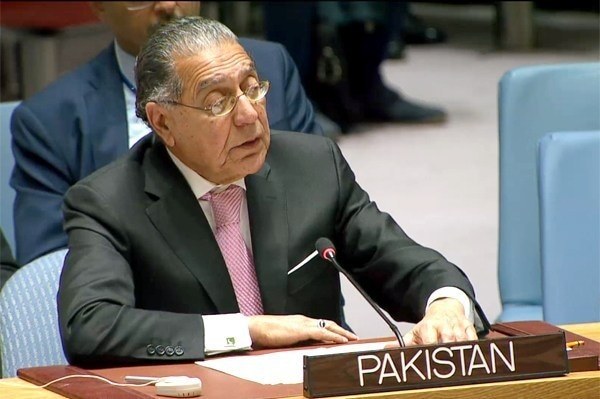In a recent address to the United Nations, Pakistan’s Ambassador, Munir Akram, made a bold statement regarding the ongoing conflict in the Middle East. He declared, “The Israeli occupation is the original sin, not what happened on 7 October”.
Context of the Statement
The statement was made in the backdrop of escalating tensions and violence in the region. On October 7, a surprise attack was launched by Hamas, killing approximately 1,400 Israelis. In response, Israel launched retaliatory airstrikes, resulting in over 7,000 Palestinian casualties according to the Gaza Health Ministry.
The “Original Sin”
Ambassador Akram’s reference to the “original sin” is a direct critique of Israel’s occupation and treatment of Palestinians. This phrase implies that the root cause of the ongoing conflict and violence is not the individual incidents of aggression; instead, it points to the longstanding occupation itself.
The UN’s Response
In response to the escalating violence, the UN General Assembly scheduled a vote on a nonbinding resolution calling for a “humanitarian truce” in Gaza leading to a cessation of hostilities between Israel and Gaza’s Hamas rulers. Despite this proposed resolution, Ambassador Akram drew attention to what he perceives as an imbalance in accountability.
A Call for Equitable Accountability
During his address, Ambassador Akram argued for equitable accountability from all parties involved in the conflict. He proposed a more balanced approach in resolutions: either naming all parties guilty of crimes or none at all.
Insiders View
Ambassador Akram’s UN statement underscores the need to consider historical context and equitable accountability in resolving the Israeli-Palestinian conflict. It emphasizes addressing the conflict’s origins and ensuring accountability among all parties involved.




